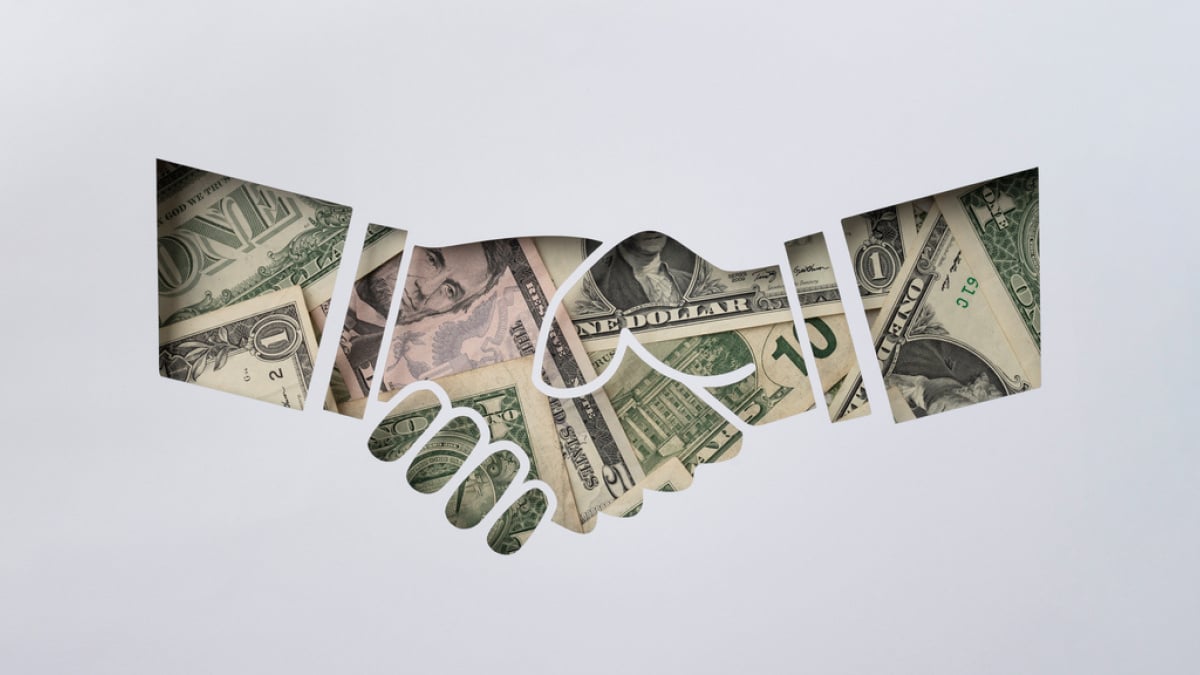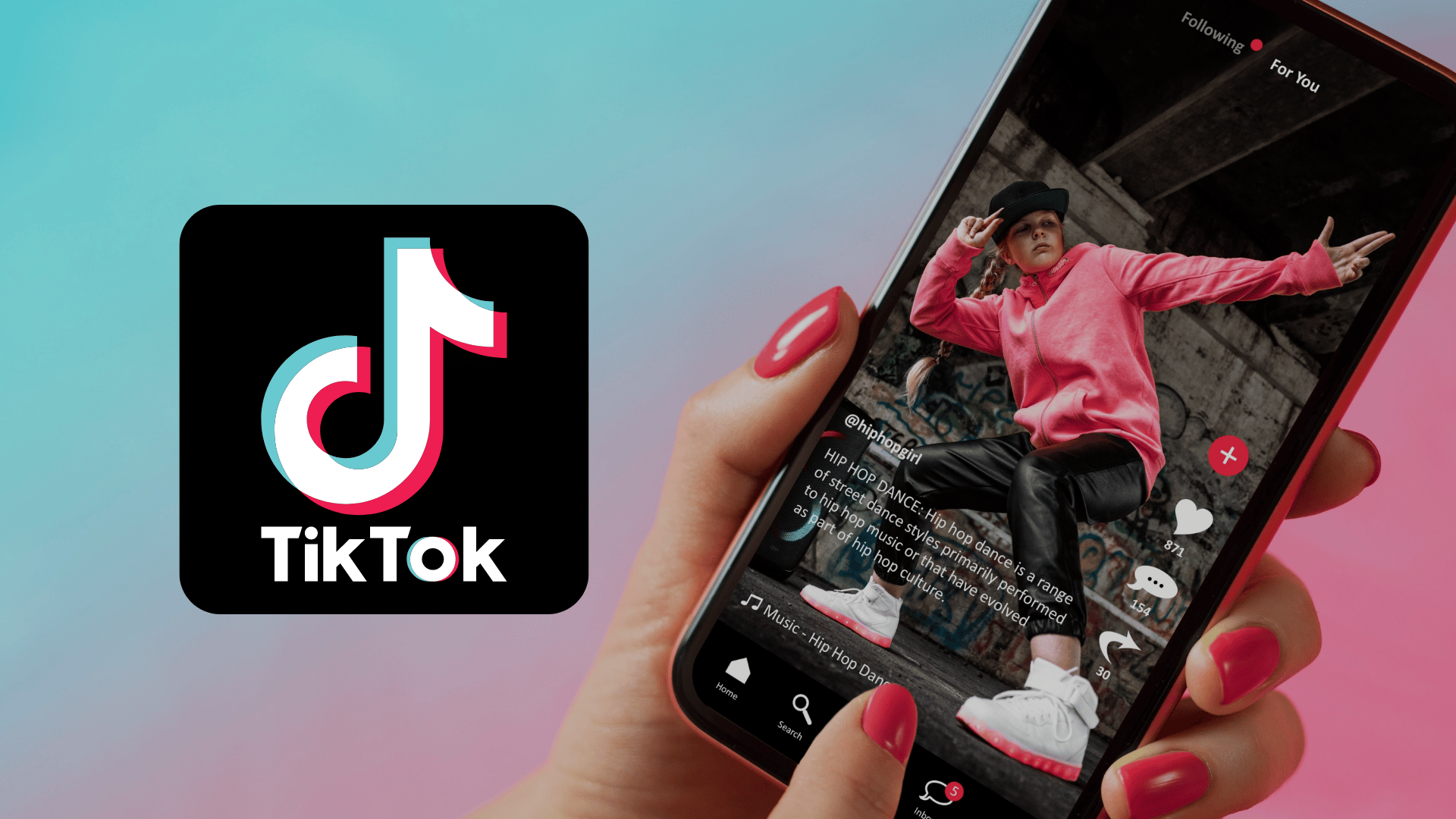Rejoice! Facebook made its recommendation guidelines public this year and there’s a lot to dig into. With so many users blaming the platform for not detecting problematic content, this move comes as the platform’s efforts to increase transparency for its users both on Facebook and Instagram.
Examples of Facebook recommendations experiences include Pages You May Like, “Suggested For You” posts in News Feed, People You May Know, or Groups You Should Join.
To make it simpler for audiences, the social network has released a list of five categories that are allowed on Facebook but do not qualify for recommendation under the Facebook recommendation guidelines.
Facebook Recommendation Guideline Restrictions

To improve user experience, the following content will not be recommended to other Facebook/Instagram users:
Content that jeopardizes a safe community, such as:
- Content that discusses self-harm
- Content that is sexually suggestive (no more “tasteful” joke posts)
- Content promoting regulated drugs
- Content re-shared that fall under any of the above
Post regarding finance and health, such as:
- Cosmetic procedures (Kardashian’s surgeon who?)
- Exaggerated health claims
- Supplements and wellness products (bye-bye miracle detox teas)
- Schemes and fraudulent business models
Posts that diminish experience aka annoying stuff, such as:
- Clickbait posts
- Contests
- Posts that lead to deceptive landing pages (still waiting on the $5k I won)
Poor quality content, such as:
- Unoriginal, plagiarized content
- Published news that does not have clear details about authorship
- Sites that are only getting traffic through Facebook.
Misleading content, such as:
- Claims that are deemed false by fact-checkers (Frankly, businesses should refrain from posting any false claims.)
- Information regarding vaccines
Overcoming Facebook Recommendation Restrictions
It sure is tough to be the social media marketing manager of a borderline page...
Some of the content restricted by the Facebook recommendation guidelines feel like they overlook context. But that’s nothing new for algorithms that rely on AI.
In the world of marketing, what do the recommendation guidelines mean for digital marketers?
We already fine-tune our content strategy to fit the community standards set by the social media platform. Content producers will have to continue to navigate the Facebook maze to generate posts for organic campaigns, but with a little more information to guide them.
Here are some tips to follow to avoid being blacklisted from Facebook’s recommendations:
👍 In order to be recommended as a page, you should sweep the history of content that you've posted and align it to Facebook's recommendation guidelines. This means if you set a sponsored campaign in motion but have chosen to re-share someone else’s post that does not fill the recommended criteria, your content may be negatively affected by your move. As always, be vigilant about what you’re sharing to your social media!
👍 Make sure to deactivate affiliate pages regarding your business, especially if you post the same content everywhere.
👎 Pages that have bought likes and followers will no longer be recommended.
👎 On top of this, Facebook will also not recommend accounts that have been banned from Instagram Ads or Facebook Ads, and communities that promote violence in an offline movement.
👍 And finally, keep creating content that’s relevant and provides value to the audiences you’re trying to reach through your social media presence.


-AK-148968-preview.png?width=842&height=310&name=1.01-1x1px-Embertribe-(Client-Services)-AK-148968-preview.png)









.png?width=810&height=810&name=TJ%20Jones%20-%20%20CoFounder%20EmberTribe%20(1).png)


%20-%20500x500%20-%20SP%20-%2045.01.png)
%20-%20500x500%20-%20SP%20-%2049.01.png)
%20-%20500x500%20-%20SP%20-%2057.01.png)


.png)